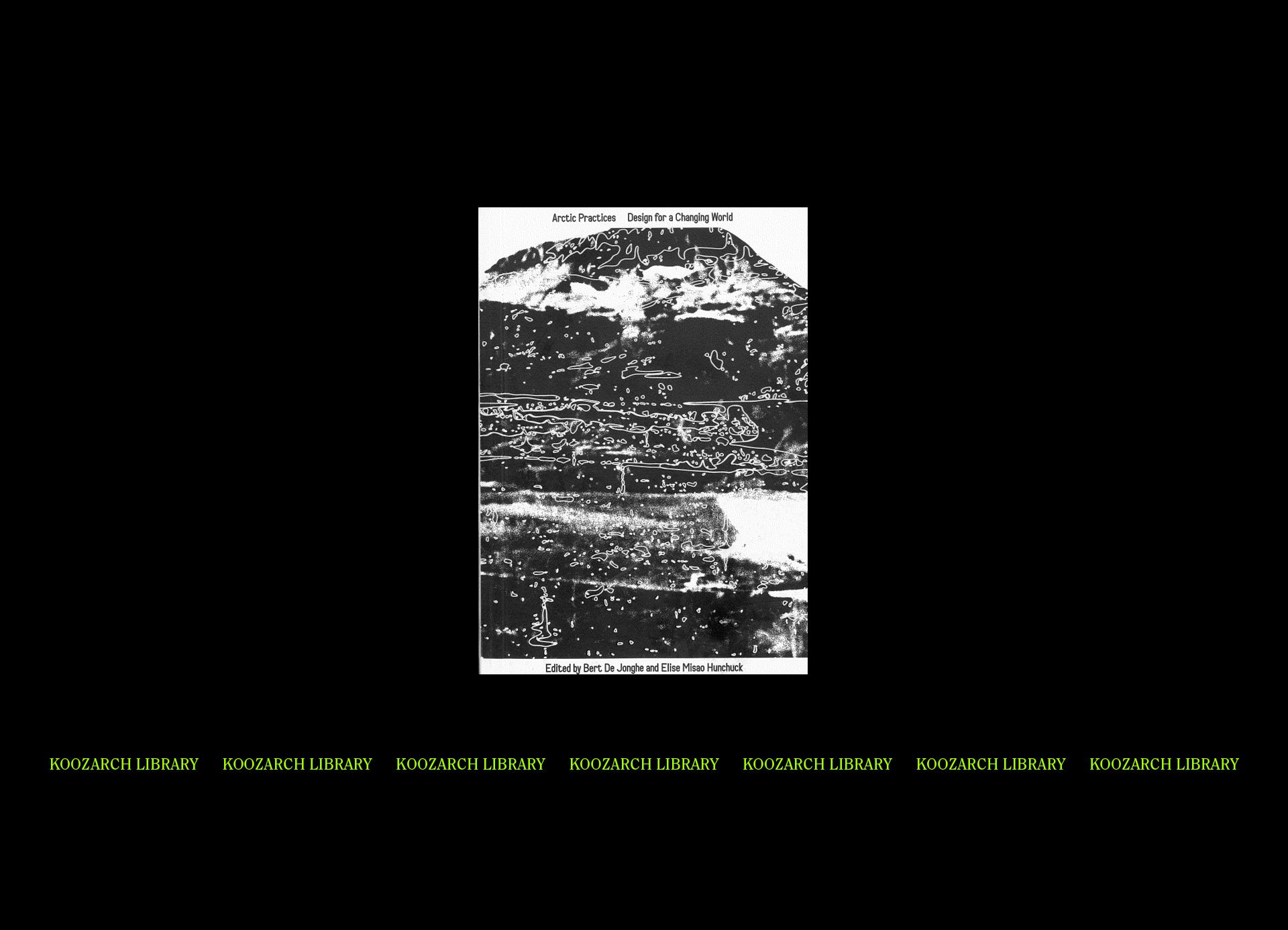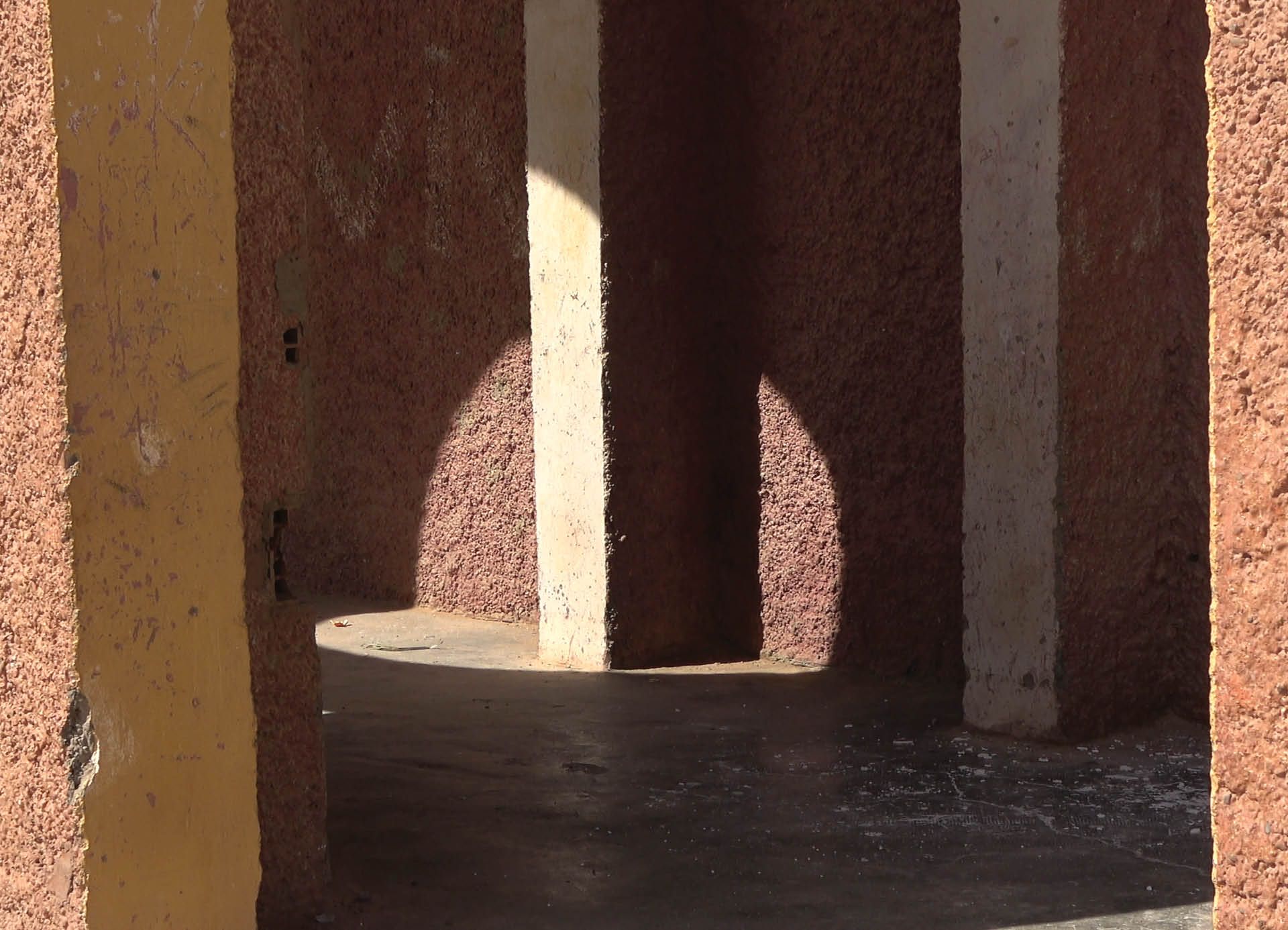Munuera’s selection for Sonic Kinships — of music and its attendant spaces — form a critical compilation, resonant with resistance from minoritised and Queer communities. You can listen to the music associated with Sonic Kinships at the bottom of this column and also here.
Track 03: SOPHIE, Immaterial (2018)
SOPHIE’s “Immaterial” (2018) is a manifesto for the disintegration of boundaries — between bodies, genders, technologies, and architectures. Propelled by crystalline beats and a voice stretched beyond recognition, the song refuses the stability of human flesh and instead performs what Jack Halberstam has described as the “wildness” of trans bodies: forms that resist containment, that undo the logics of normativity by insisting on transition. Trans embodiment is a refusal of coherence: to be unbuildable. In this sense, “Immaterial” is a sonic architecture of José Esteban Muñoz’s queer utopias or queer futurities, dissolving the walls that keep gender and space in their “proper” places.
The song’s refrain — light, playful, almost childlike — masks a profound reworking of materiality itself. To be “immaterial” is not to disappear but rather to occupy another register of existence, one where bodies are not fixed in skin and flesh but are constituted through sound waves, vibrations, and intensities. Rosi Braidotti’s writing on “placenta politics” helps situate this condition: she points to the placenta as a biological mediator that both connects and differentiates, that makes possible the entanglement of life without reducing it to an autonomous individual narrative. SOPHIE’s soundscapes perform a similar politics: each beat, each synthetic voice is a placenta-like architecture, an acoustic life-line through which new forms of kinship can emerge.
These questions resonate with Andrés Jaque’s notion of “transscalar architecture,” which insists that design cannot be confined to just one scale (the human, the building, the city, the nation-state border, and so on) but must attend to the infrastructures, ecologies, politics, regulations, and bodies that traverse and exceed it. Immaterial is precisely transscalar: a distributed and entangled environment where bodies blur into data, intimacy expands into planetary infrastructures of sound circulation, and architecture unfolds as an ecology of coalitions rather than an enclosure. Listening to SOPHIE means inhabiting a world where flesh and wires, planets and microbes, bricks and stars, coexist in shimmering simultaneity.
"Immaterial is precisely transscalar: a distributed and entangled environment where bodies blur into data, intimacy expands into planetary infrastructures of sound circulation, and architecture unfolds as an ecology of coalitions rather than an enclosure."
“You could be me and I could be you / Always the same and never the same / Day by day, life after life.”
The lyrics enact this dissolution of individual borders, affirming a body that is never simply one’s own but always in flux, shared.
“Without my legs or my hair / Without my genes or my blood / With no name and with no type of story”
The song unmoors embodiment from any fixed material or narrative anchor, instead foregrounding the ways in which we are constantly assembled and disassembled by forces beyond us. Bodies that are never autonomous; yet ceaselessly participated by the chemical regimes that course through bodies, by the wireless networks that saturate the environments, by the foods ingested, and the microplastics that seep tissues. Pollution, radiation, and material debris infiltrate flesh as much as air and water, embedding infrastructures of toxicity within the very conditions of life. To be a body is to be spongy, to be imbricated in planetary metabolisms of extraction, waste, and circulation. SOPHIE’s Immaterial makes this radical porosity audible, insisting that identity, like architecture, is less a bounded object than an ongoing choreography of exposure, coalition, and transformation.
“Immaterial” is a pedagogy of trans design. The glitchy, high-pitched voice does not present a stable subject but multiplies possibilities. SOPHIE builds a space where the human is no longer the central measure. Instead, bodies (human and more than human) are processes, sites of transition. They are mutable, porous architectures in themselves. “Immaterial” therefore stages an architecture of the future present. It is provisional, nascent, glistening — always becoming. It is a refusal of the monumental and a celebration of the fluid. Against the architectures of autonomy, control, cis-heteronormativity, ableism, and enclosure, SOPHIE offers an architecture of possibility: a dancefloor without edges, a body without limits, a multiverse in which the immaterial is not empty but charged with the potential of new processes of emancipation.
"SOPHIE offers an architecture of possibility: a dancefloor without edges, a body without limits, a multiverse in which the immaterial is not empty but charged."

SOPHIE, Oil Of Every Pearl's Un-Insides (2018).
Tracklist
You can listen to the songs accompanying this column below and the complete Sonic Kinships soundtrack here.
Bio
Ivan L. Munuera is a New York-based scholar, critic, and curator working at the intersection of culture, technology, politics, and bodily practices in the modern period and on the global stage. He is an Assistant Professor at Bard College; his research has been generously sponsored by the Princeton Institute for International and Regional Studies and the Canadian Centre for Architecture. In 2020, Munuera was awarded the Harold W. Dodds Fellowship at Princeton University. Munuera has presented his work at various conferences and academic forums, from the Society of Architectural Historians and the European Architectural History Network to Columbia GSAPP, Princeton University, Het Nieuwe Instituut, CIVA Brussels and ETSAM, among many others. He has also published widely, from the Journal for Architectural Education (JAE), The Architect’s Newspaper to Log and e-flux.





